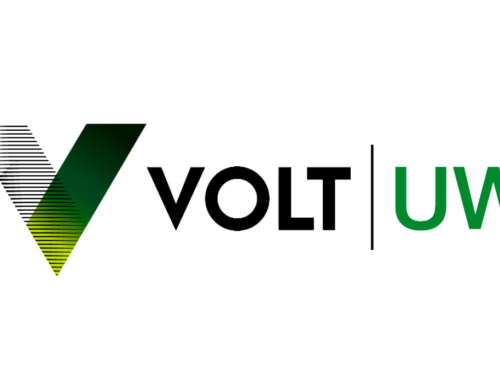Microsoft to Invest $80 Billion in AI-Focused Data Centers Amid ‘Golden Opportunity’
January 3, 2025
Microsoft plans to invest $80 billion to build data centers in fiscal 2025, aiming to use them to power the development and use of artificial intelligence (AI).
The company is doing so amid a “golden opportunity for American AI,” Microsoft Vice Chair and President Brad Smith wrote in a Friday (Jan. 3) blog post.
More than half of this investment in AI infrastructure will be deployed in the United States, according to the post.
“The massive datacenters that make all this possible are being built by construction firms, steel and other manufacturers, and innovative advances in electricity and liquid cooling, all reliant on large numbers of skilled electricians and pipefitters, including members of organized labor unions,” Smith wrote.
It was reported Thursday (Jan. 2) that demand for AI chips drove chipmaker Nvidia to become 2024’s biggest global gainer in terms of market capitalization. Nvidia’s market cap leapt from $1.2 trillion at the end of 2023 to $3.28 trillion at the end of 2024.
The AI race transformed the tech industry in 2024, with AI moving beyond hype and becoming the foundation of modern technology companies, PYMNTS reported Wednesday (Jan. 1).
Together with investment in AI infrastructure, Smith wrote in his Friday blog post that the U.S. needs to promote skilling programs to enable the widespread adoption of AI.
For its part, Microsoft plans to train 2.5 million Americans with AI skills, according to the post.
“AI, like all new technologies, will disrupt the economy and displace some jobs,” Smith wrote. “But as we’ve working on skilling initiatives during the past few years, our confidence has grown that AI will create new opportunities that will outweigh many of the challenges ahead.”
A third element that can advance “American AI” is a focus on exporting that AI to allies and friends around the world, per the post.
While protecting sensitive AI components through export controls, the U.S. should also develop a strategy to support American AI throughout the world and win the race with China in the international marketplace, the post said.
“The United States cannot afford to slow its own private sector with heavy-handed regulations,” Smith wrote. “The country instead needs a pragmatic export control policy that balances strong security protection for AI components in trusted datacenters with an ability for U.S. companies to expand rapidly and provide a reliable source of supply to the many countries that are American allies and friends.”
For all PYMNTS AI coverage, subscribe to the daily AI Newsletter.
See More In: AI, AI Investment, AI training, artificial intelligence, digital transformation, Microsoft, News, PYMNTS News, Technology, What’s Hot
Search
RECENT PRESS RELEASES
Related Post




